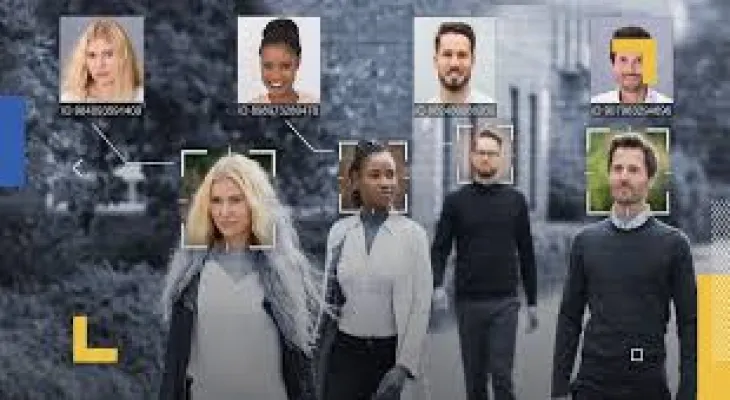Search here
Newspaper
Search here

Arab Canada News
News

Published: May 14, 2022
The federal government is asking the judge to dismiss an attempt by a Quebec photographer to obtain a class action certification, potentially involving millions of people, regarding the Canadian police's use of a controversial facial recognition tool.
In a memorandum to the federal court, government lawyers said that "Ha Vi Doan" cannot claim she suffered "any kind of harm" as a result of the police force's dealings with the American company "Clearview AI."
The proposed class action by "Doan" seeks unspecified damages for herself and other Canadians whose photos and information are alleged to have been part of a massive database collected by "Clearview AI" and used under license by the "Mounties."
The "Clearview AI" technology has been under intense scrutiny because it involves collecting huge numbers of photos from various sources with the aim of helping police forces, financial institutions, and other clients identify individuals from photos.
In a February 2021 report, federal Privacy Commissioner Daniel Therrien and three of his regional counterparts said that the New York-based company’s scraping of billions of images of people online was a clear violation of Canadians’ privacy rights.
Last June, Therrien found that the "RCMP" violated the law by using the "Clearview AI" software to collect personal information.
The Privacy Commissioner found that the RCMP conducted 521 searches through paid and trial user accounts using "Clearview" from October 2019 to July 2020.
"In the absence of any evidence that the Canadian police conducted these searches and seizures under lawful authority, these searches and seizures appear unreasonable,"
"Doan" says in a court memorandum that Therrien concluded that the "RCMP" accessed Canadians’ images from "Clearview AI" during its operations.
The "Mounties" publicly stated that the force used the company’s technology in a very limited way, primarily to identify and rescue children who were victims of online sexual abuse.
The Privacy Commissioner’s investigation found that the Canadian police (RCMP) did not provide a satisfactory explanation for the vast majority of searches it conducted.
In court documents, federal lawyers said that the use of "Clearview" helped police identify three child victims.
Other uses included searching for a wanted fugitive and testing the application either with photos of police officers or altered images of an American celebrity or media images of missing persons.
"Clearview AI" stopped providing its services in Canada on July 6, 2020. The class action proposed by "Doan" says that the "RCMP" became a client of "Clearview AI" despite the company’s services involving "widespread violations of the privacy of residents and citizens of Canada," as well as copyright infringements.
"Doan" is enthusiastic about photography and takes photos of herself and others and posts a large number on her website and internet platforms such as Facebook and Instagram.
She alleges that her "biometric personal information" and photos were collected, copied, reproduced, stored, or used by "Clearview" without her knowledge or consent.
The class action will cover people in Canada whose photos are in the "Clearview AI" database and those who have copyright and moral rights regarding the photos, as well as seeking a court order requiring the police to destroy all documents and information obtained from "Clearview" in response to database searches involving Canadian residents.
Comments